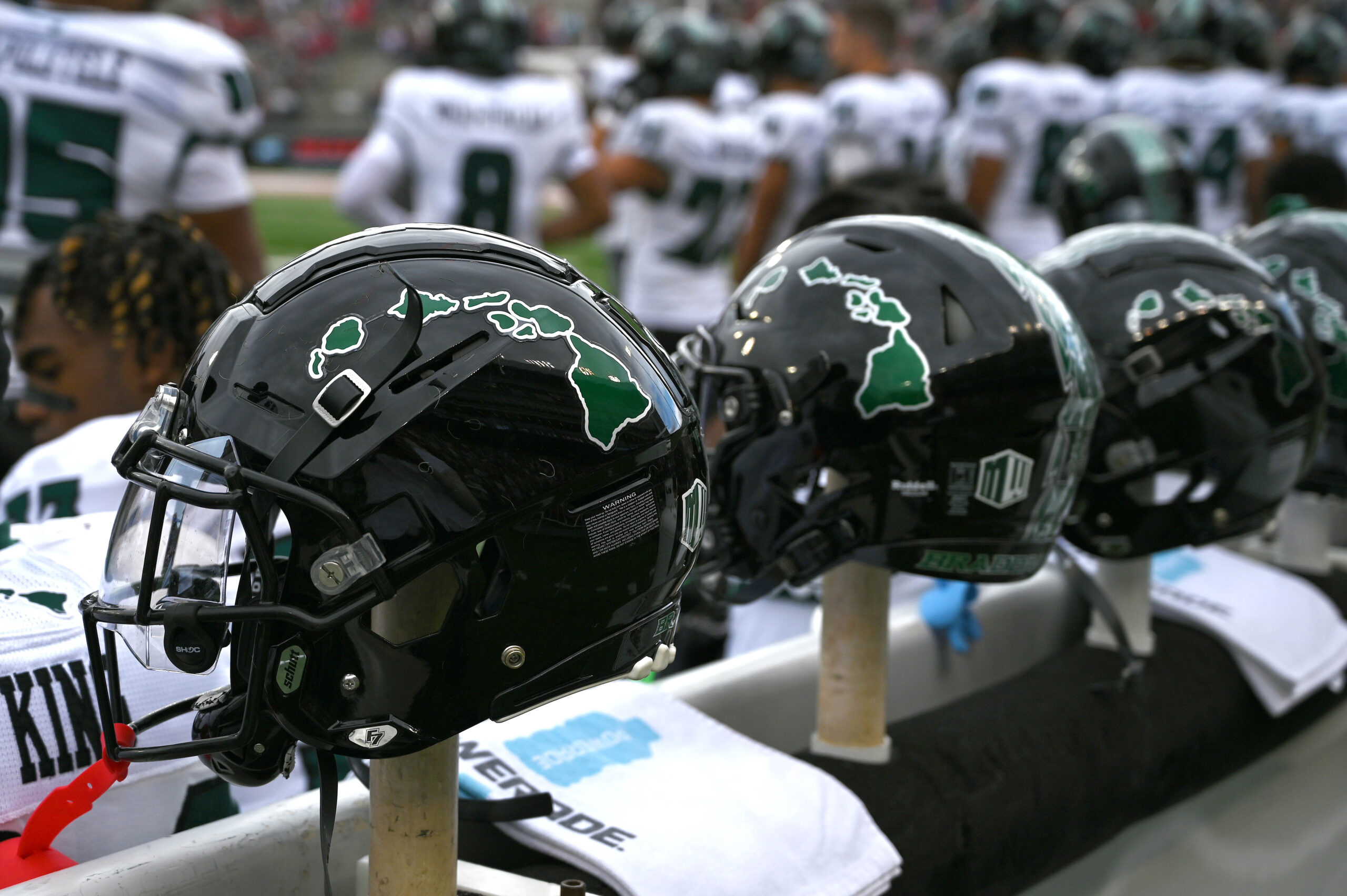
- Hawaii House of Representative members did not agree to Senate amendments of a sports betting bill
- The online sports betting bill is now heading to a conference committee
- Tax rates, license fees may be holding up legislation
The surprising Hawaii sports betting run has hit a bit of a snag.
The Hawaii House of Representative did not concur with Senate amendments to HB 1308, a bill to legalize online sports betting, sending the legislation to a conference committee to see if Senate and House of Representatives members can find common ground to pass the measure.
The conference committee will have until May 3, sine die for the state session, to find an agreement.
Why Were Amendments Not Approved?
The Senate last week approved Rep. Daniel Holt’s bill, HB 1308, to legalize Hawaii sports betting by a 15-10 vote. Holt’s bill was the first sports betting bill to be approved by either the House or Senate.
The bill will allow at least four online sports betting licenses to be awarded to operators and provide for the legalization of daily fantasy sports competitions in the state. If approved the bill will go into effect on July 1, 2025.
Several amendments were made to the bill during its Senate journey. The amendments are as follows:
- Setting a sports betting tax rate of 10%
- Setting the sports betting license fee rate at $250,000
- Amending the regulatory body from the Department of Commerce and Consumer Affairs to the Hawaii Department of Law Enforcement
So, what exactly did the House of Representatives not agree with in terms of the Senate amendments?
License Fees, Tax Rates Likely At Heart of Disagreement
Holt’s original bill when introduced in the house include a sports betting tax rate of 10% of gross adjusted revenues and set the sports betting license fee rate at $250,000. However, these were struck from the bill and left blank as the legislation moved through the House, with representatives hoping to negotiation for higher fees and a higher tax rate.
After being approved by the House, the Senate amended the bill to include its original tax rate and license fees. This is more than likely the holdup for the bill, as House member hoped to see an increase to the tax rate and license fees.
During discussions in a House Finance Committee hearing, Rep. Sue L. Keohokapu-Lee Loy (D-2) noted the fees and tax rate were ” rather low for an industry that makes billions of dollars.”
The conference committee will have several weeks to negotiate rates that make sense for the state.
The bill has also had several opponents as it made its way through the two legislative bodies. The Department of the Attorney General submitted testimony opposing legalized online sports betting, citing concerns of rising problem gaming rates and numerous public safety and health issues.
“In addition to the direct impacts of online sports betting on household finances, multiple studies have shown a correlation between problem gambling and domestic violence, with approximately 38.1% of problem gamblers reportedly being victims of intimate partner violence, and 36.5% percent reportedly being perpetrators of intimate partner violence,” the department wrote in its testimony.
Hawaii is known for its beautiful beaches, lush landscapes, and vibrant culture. However, one thing that the state is not known for is sports betting. Despite the growing popularity of sports betting across the country, Hawaii has yet to implement any form of legalized sports betting. There are several factors that have contributed to the delay in implementing sports betting in Hawaii.
One of the main factors delaying the implementation of sports betting in Hawaii is the state’s strong stance against gambling. Hawaii has some of the strictest gambling laws in the country, with all forms of gambling being illegal in the state. This includes not only sports betting, but also casinos, lotteries, and other forms of gambling. The state has a long history of anti-gambling sentiment, with many residents and lawmakers believing that gambling can lead to social problems such as addiction and crime.
Another factor that has delayed the implementation of sports betting in Hawaii is the lack of support from lawmakers. While there have been some efforts to legalize sports betting in the state, these efforts have not gained much traction in the legislature. Lawmakers have been hesitant to support sports betting due to concerns about the potential negative impacts it could have on the community. Some lawmakers are also concerned about the potential for corruption and match-fixing in sports betting.
Additionally, there is also a lack of infrastructure in place for sports betting in Hawaii. Unlike other states that have already legalized sports betting, Hawaii does not have any existing regulatory framework or infrastructure for sports betting. This means that if sports betting were to be legalized in the state, it would take time and resources to set up the necessary regulations and systems to oversee and regulate the industry.
Despite these challenges, there is still hope that sports betting could eventually be legalized in Hawaii. Some lawmakers and advocates believe that legalizing sports betting could bring in much-needed revenue for the state and help boost tourism. Additionally, with the growing popularity of sports betting across the country, there is increasing pressure on Hawaii to reconsider its stance on gambling.
In conclusion, while there are several factors that have delayed the implementation of sports betting in Hawaii, there is still potential for the industry to be legalized in the future. With continued advocacy and support from lawmakers and residents, Hawaii could join other states in legalizing sports betting and reaping the benefits that come with it.